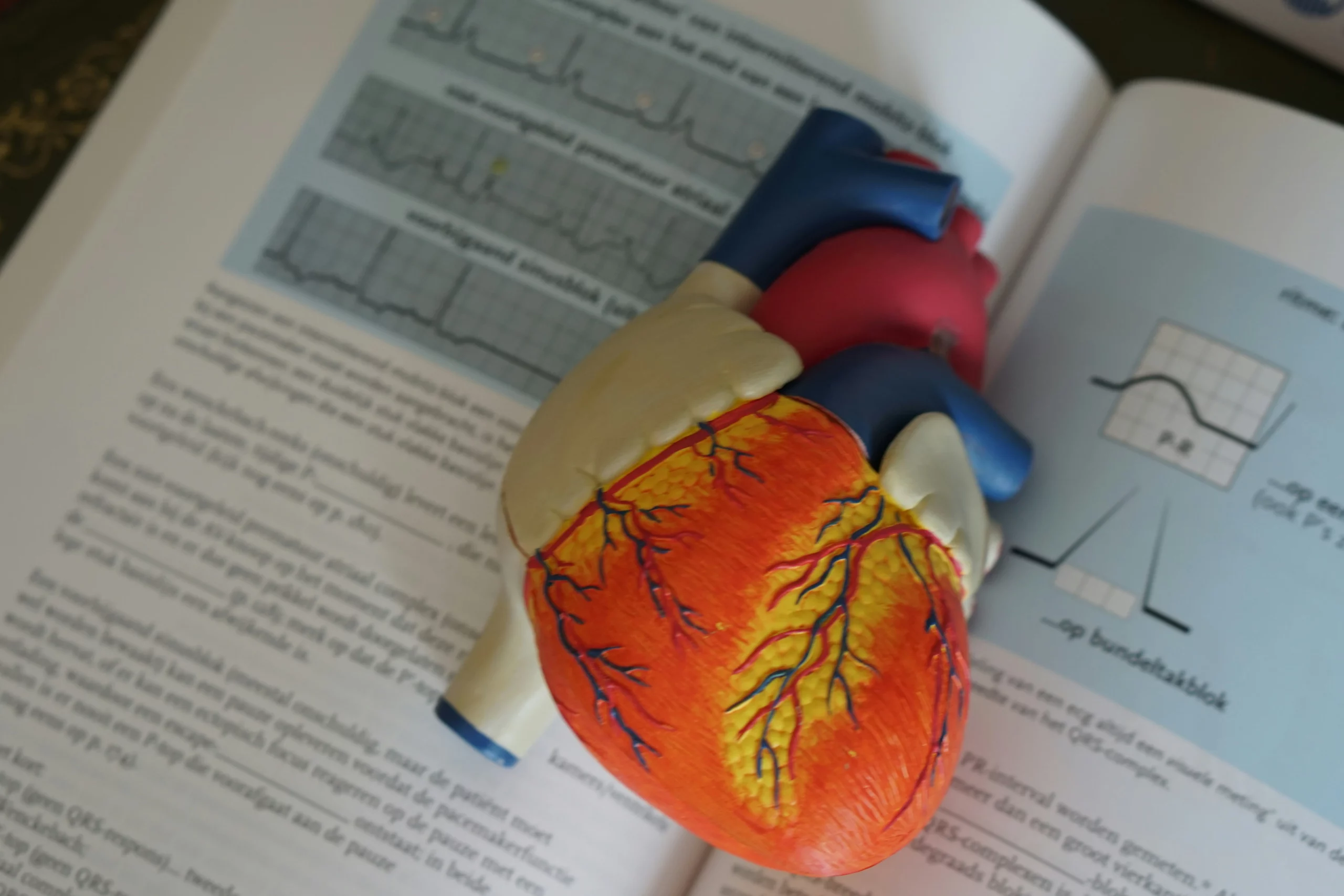An estimated 12 million people have atrial fibrillation—the most common heart arrhythmia in the U.S. As it increases with age, and women generally live longer than men, more women have atrial fibrillation. Since atrial fibrillation is so common, you likely know someone who has it, but do you know what it is?
Atrial fibrillation is a problem with your heart’s rhythm caused by disorganized signals that make your heart’s atria (two upper chambers) contract out of sync and so quickly that the walls quiver or fibrillate. Since the atrium quivers, it does not coordinate with the ventricles (the bottom of your heart), and the blood doesn’t move well from the atria to the ventricles. Furthermore, the heart may not be able to keep up with the body’s needs, causing heart failure. Blood can also pool inside your heart and cause clots, which can cause strokes. That is why if your heart is beating irregularly, you must reach out to your doctor for an examination.
Damage to your heart’s electrical system, often resulting from other conditions, can cause atrial fibrillation. The most common causes include age, genes, heart disease, heart attack, sick sinus syndrome, high blood pressure, lung disease, overactive thyroid, obesity, diabetes, sleep apnea, or infections caused by a virus. Sometimes, however, doctors are unable to determine the cause.
Symptoms of atrial fibrillation include irregular heartbeat, palpitations, pain and pressure in your chest, confusion, dizziness, shortness of breath, fatigue, and fluttering or quivering in your chest. Age, the cause, and your heart’s ability to pump affect whether symptoms appear and their severity.
Doctors classify atrial fibrillation by how long symptoms last. The classifications include paroxysmal fibrillation (lasting 7 days or less), persistent atrial fibrillation (lasting 7 days or more), or permanent atrial fibrillation.
To diagnose atrial fibrillation, your doctor will do tests to check your heartbeat and the electrical impulses in your heart, including an EKG, echocardiogram, stress test, Holter monitor, diagnostic tests, and blood work.
If you feel your heart beating irregularly and not returning to a normal rhythm, or your symptoms worsen, call your doctor! If you experience chest pain or pressure for more than a few minutes, pain that spreads to your jaw, neck, arms, back, or stomach, nausea, cold sweats, drooping face, arm weakness, or trouble speaking, call 911 right away, since these could be signs of a heart attack or stroke.
Some episodes of atrial fibrillation come and go on their own, but others may need treatment, which your doctor will determine. Treatment may involve medication, lifestyle changes, and procedures, such as cardioversion, ablation, pacemakers, or surgery. Sometimes, treatments are necessary to lower your heart rate and bring your heart rhythm back to normal. Your doctor may also recommend medication to reduce your chance of having a stroke.
You may be able to take steps to help ease symptoms or stop an episode of atrial fibrillation when it starts. Avoid triggers such as too much caffeine, alcohol, stress, and not enough sleep. Keep your heart healthy. Take prescribed medications as directed. Eat a healthy diet low in salt and solid fats and high in fruits, veggies, and whole grains. Follow an active lifestyle. Don’t smoke. Practice stress-relieving activities like visualization, meditation, focused breathing, stretching and strengthening exercises, and praying, which all may help slow your heart rate down.
When you have atrial fibrillation, you can lead a normal life and do all of your normal activities, such as working, exercising, playing sports, and traveling, as long as you clear it with your doctor first. Your doctor will determine what’s safe and what makes sense for you.
Adapted from:
WebMd. Heart Disease, Atrial Fibrillation, 2020
www.cdc.gov/heart-disease/about/atrial-fibrillation 2024


